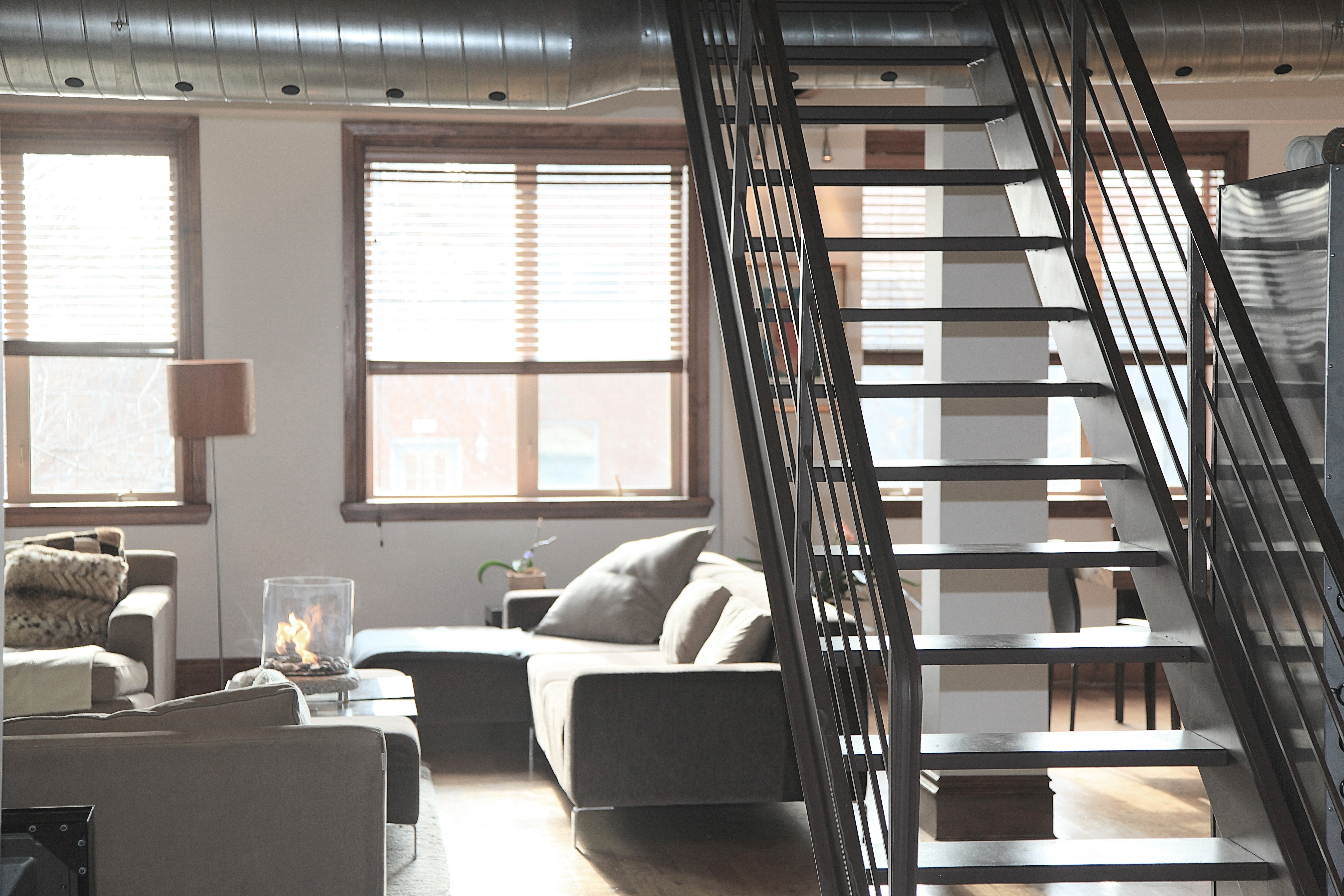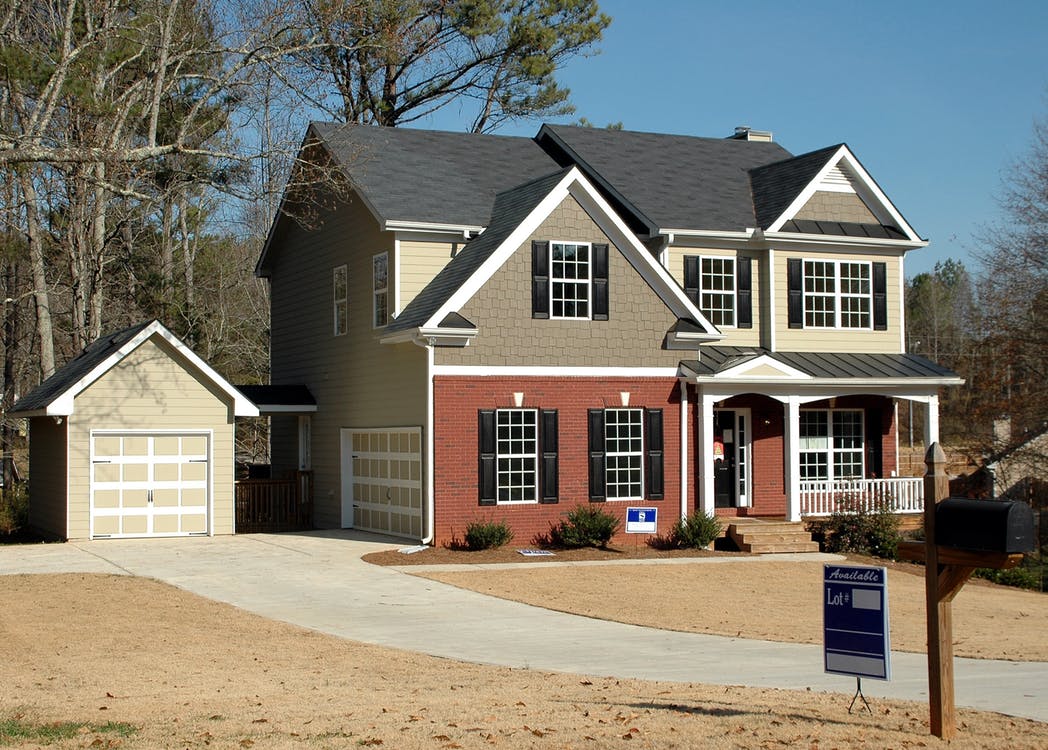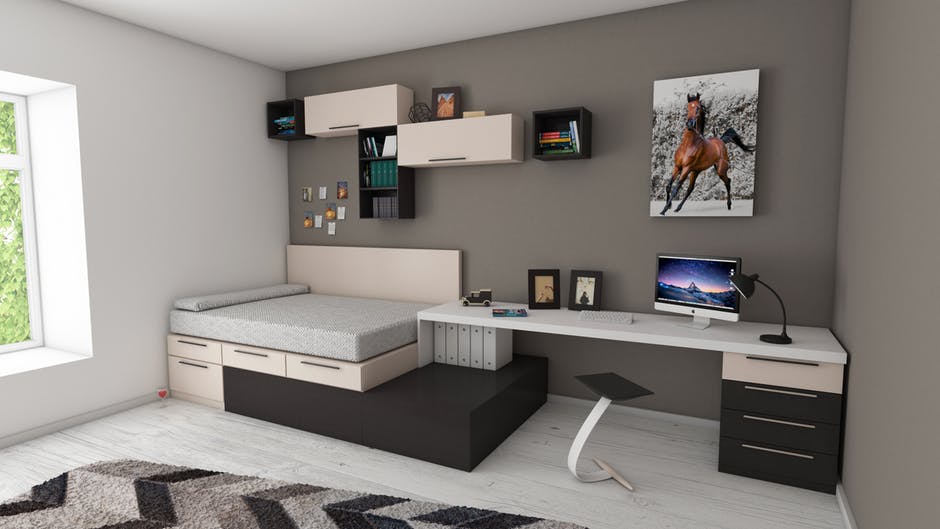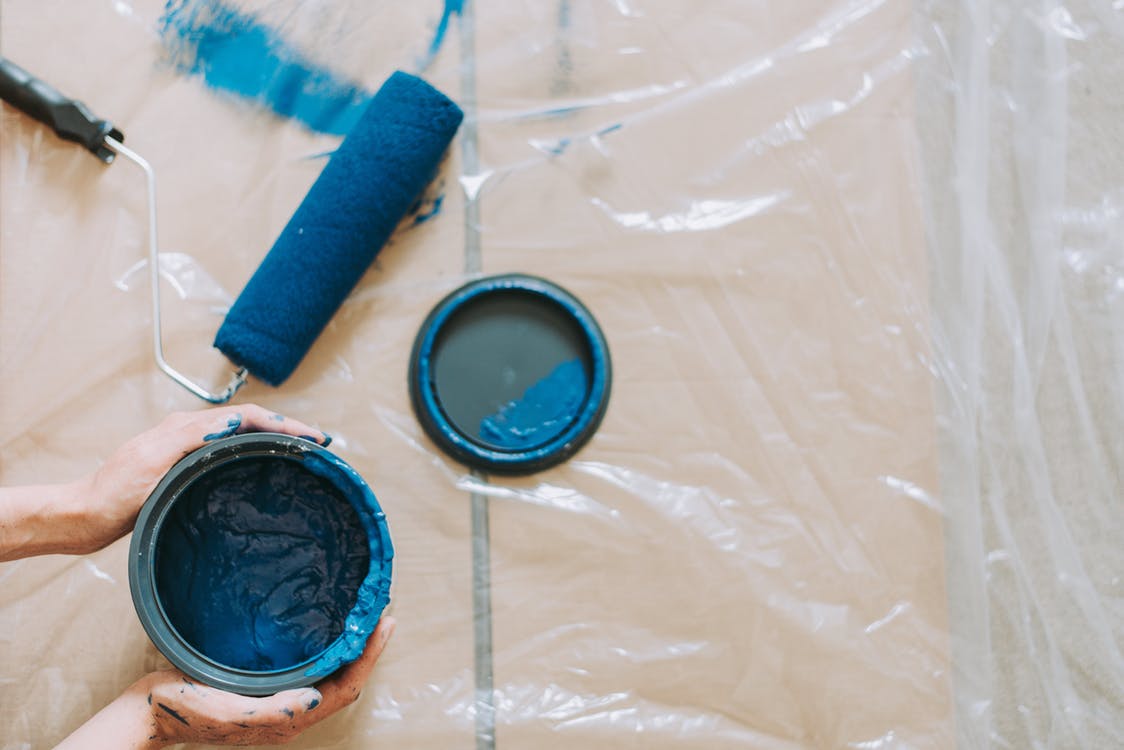There are a lot of factors to consider when weighing up a house versus a condo as an investment property. One of the central questions, however, is how easy each one is to renovate. That is why we have put together a list comparing investment property renovations for houses versus condos.
Investment property renovations: houses versus condos
1. Permits
Major renovations to houses often require building permits in Vancouver and surrounding cities; you’ll also need permits to do work that changes or moves electrical wires, gas lines and plumbing. By contrast, most condo renovations just need the approval of the condo board – as long as electrical, gas and plumbing systems are not affected. In some cases, that can make the process easier; but, in others, it can become difficult to get any renovation through the board.
2. Materials
With houses, limitations on materials for income property renovations are set safety regulations, city permit requirements, and your budget. Therefore, you have a great deal of latitude in your choices. When you are dealing with condos though, there are regulations laid out by the condo board or strata. These are often strict and can include flooring, countertops, paint colours, and a whole host of other material restrictions. Given this, you may want to get a copy of the board’s bylaws prior to purchasing a unit.
3. Layouts
Of course, investment property renovations are going to differ widely in terms of layout when looking at condos versus houses. With a house, you can make any structural changes you want, as long as they meet the permit guidelines for the city. Condos, however, are much stricter. In most cases, no structural changes are allowed. Therefore, if you buy a condo with plans for income property renovations, make sure you are not relying on making major changes to the layout.
4. Work hours
For home renovations, work hours are usually regulated by city bylaws. Check with your city to be aware of which hours – and days – renovation work is allowed on your property. Usually, these regulations are to restrict noise that could bother the neighbours. There are few rules, however, compared to condos. Each condo has set hours for work, as well as rules and regulations around booking elevators and coming and going from the building with equipment. These rules and regulations need to be followed to the letter, so make sure you communicate them clearly to your investment property renovation team.
5. Return on investment
Of course, with any investment property renovation, you want to consider the return. For houses, you want to ensure any renovations fit with the look and style of the rest of the property, as well as with the neighbourhood. For condos, it is more important to match the level of the other units.
Investment property renovations: the round-up
Investment property renovations can be a lot of work – whether you are dealing with a house or a condo. With a house, you have more flexibility in terms of work hours, layout, and materials. With a condo though, it can be easier to get renovations approved. Given that, all you can do is weigh up the pros and cons, picking the investment property that is right for you.
If you are planning income property renovations on a home, make sure you have the right permits for the work. Not sure what permits you need? Book an appointment with us to discuss your project.





